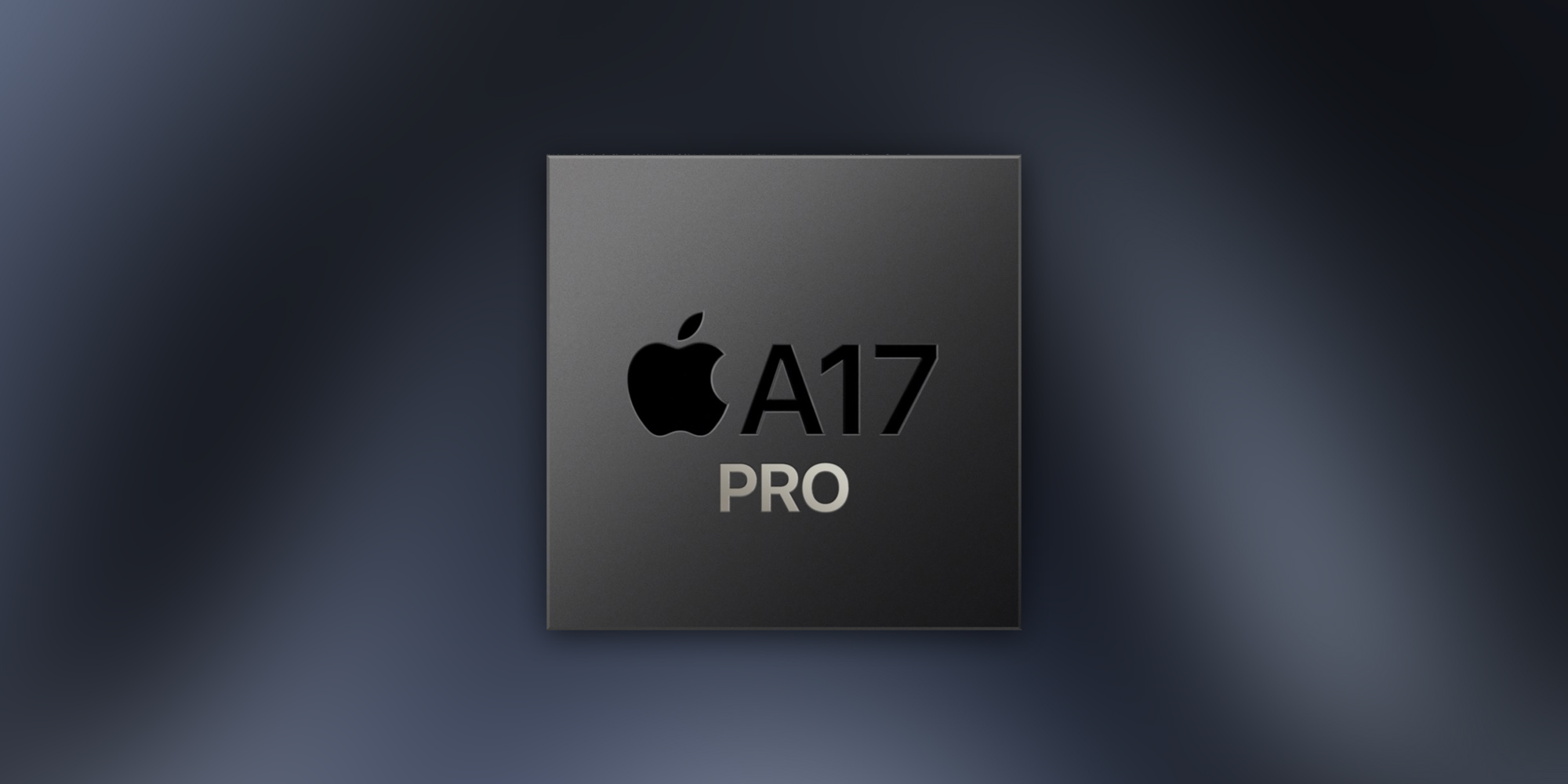
Following many complaints about overheating issues affecting iPhone 15 Pro models, Apple released the iOS 17.0.3 update on Wednesday to address these issues. According to the company, the overheating was caused by software, not by hardware or design flaws. Apple also said that it wouldn’t reduce the A17 Pro chip’s performance with the update – but is that true? We tried to find out with some preliminary tests.
iPhone 15 Pro overheating issues
Many iPhone 15 Pro and iPhone 15 Pro Max users complained about how the new devices get extremely hot after using them for a while, even with basic things like web browsing. First, Apple said that iPhones were heating up due to a normal condition caused by software.
The company argued that it is normal for the iPhone to get hotter than usual when initially setting up, restoring from a backup, charging wirelessly, or running graphics-intensive or processor-intensive apps. However, the company acknowledged last weekend that a software issue in iOS 17 caused iPhone 15 models to run at abnormally high temperatures.
At the time, the company told 9to5Mac that the update wouldn’t affect the performance of the A17 Pro chip, as some users were concerned by the possibility of Apple reducing performance so that the iPhone wouldn’t get hot.
Does iOS 17.0.3 affect the performance of the iPhone 15 Pro?
We still don’t know what exactly Apple has done to address the overheating issues, but 9to5Mac ran some benchmark tests using Geekbench 5 to see if performance was affected by the iOS 17.0.3 update. The tests were conducted with an iPhone 15 Pro Max.
When the iPhone 15 Pro came out, these were the Geekbench 5 results obtained with the new device running iOS 17.0.1 and iOS 17.0.2:
- Single-core score: 2914
- Multi-core score: 7199
It’s worth noting that benchmark tests can vary based on a lot of conditions, such as the current temperature of the device and even the battery level since iOS tends to reduce performance when the battery is low to preserve it. That’s why it’s almost impossible to get exactly the same results after running the tests again on the same device.

With that in mind, here are the results of a test conducted right after installing iOS 17.0.3 on the iPhone 15 Pro Max:
- Single-core score: 2875
- Multi-core score: 7006
There was a slight variation downwards, but nothing unexpected (we could easily find similar results from iPhones running iOS 17.0.2). After installing the update, we waited two hours for the iPhone to cool down and ran the tests again. Here are the results:
- Single-core score: 2941
- Multi-core score: 7523
The answer is: probably not
Top comment by UltraXcX
I will say my phone feels much cooler to the touch post-update. When I use apps like TikTok or Instagram or Twitter for like 10-15 minutes it feels…the same. Definitely less warm than before. Granted, before it never felt hot, but I did notice it’d feel warm when using those apps. Whatever they did definitely worked.
As you can see, the results were even better than in some tests conducted with versions earlier than iOS 17.0.3. So, what do we conclude from this? The update most likely didn’t affect the performance of the iPhone 15 Pro. At least, not in most cases.
Of course, Apple could have changed something when it comes to sustained performance, which is when the device runs processing-intensive apps for longer periods of time. However, we’ll have to wait a bit longer to find out for sure. Based on our preliminary tests, the variation in performance is the same as before, so nothing seems to have changed.
Apple also said that some apps like Instagram and Uber might cause the iPhone to heat up and that it was working with developers to address the situation. However, this doesn’t exclude the fact that many users who don’t even have these apps installed were experiencing overheating issues with the iPhone 15 Pro.
The best thing you can do now is update both iOS and the apps installed on your iPhone 15 Pro. Let us know in the comments below if this helped your iPhone stop overheating.
FTC: We use income earning auto affiliate links. More.




Comments